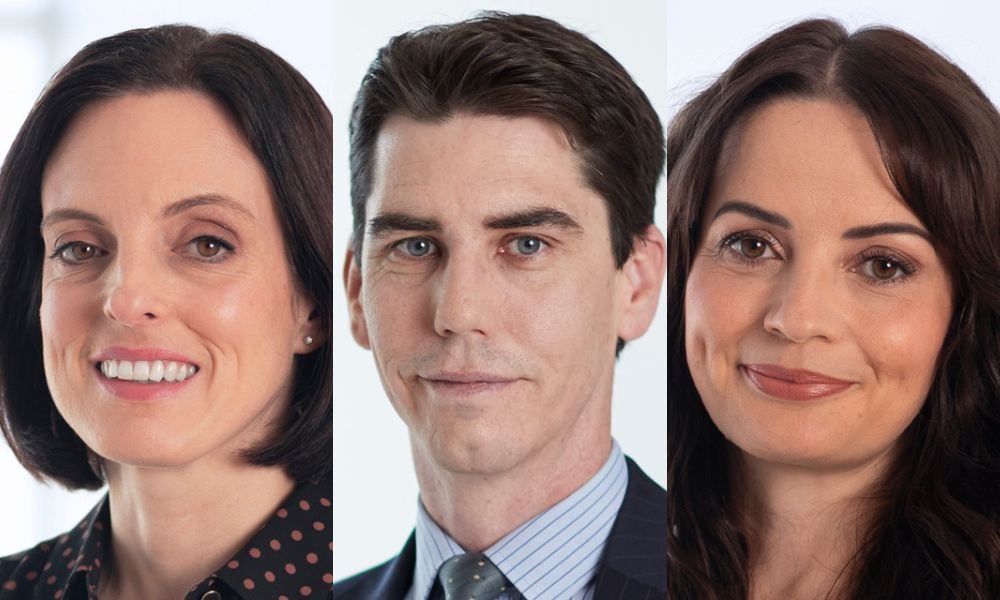
Insights from Siouxsie Wiles and University of Auckland case

During the COVID-19 pandemic, microbiologist Associate Professor Siouxsie Wiles became a household name, with her signature pink hair and ability to distil the complex and theoretical into the human and relevant. While she was celebrated for her COVID-19 public communications, a vocal minority subjected her to online and in-person abuse and harassment.
Associate Professor Wiles brought a claim against her employer, the University of Auckland, for breaching its health and safety obligations, breaching good faith, and for causing her disadvantage as a result of its actions. The Employment Court has now decided in the Associate Professor's favour, following a three-week trial in November last year.
Associate Professor Wiles first raised concerns with the university about external communications and "low-level" harassment in March 2020. The level of vitriol rose rapidly in response to Associate Professor Wiles' increasing public appearances. This included "doxing," where her telephone number, personal email address, and home address were posted online. She and others consistently raised concerns about the harassment and threats with the university.
In June 2021, the university informed academics that providing commentary on COVID-19 was not part of their roles. Subsequently, Associate Professor Wiles received questions from the university over her "outside activities" and, in March 2022, she was advised to keep her science communications and other public service commitments to one day per week.
In July 2021, the university engaged a security firm to undertake a safety and security audit. The university had regular communication with Associate Professor Wiles throughout the process. However, it failed to undertake an internal security review or conduct an individual risk assessment with regards to Associate Professor Wiles.
The university adopted the position that Associate Professor Wiles was not required to provide public commentary as part of her employment and that this was therefore not "work" for which the university owed health and safety duties. However, by the time the court heard the case, the university had accepted that the commentary undertaken by Associate Professor Wiles was part of her work.
As a Person Conducting a Business or Undertaking (PCBU), the university had a duty to provide a safe working environment for its employees. This required the university to take reasonable care to avoid exposing employees to unnecessary risk or injury to physical or psychological health and to provide a safe system of work.
The court found that the university's approach was deficient. While the university did take a number of steps to comply with its health and safety obligations, those actions were not taken promptly enough and were not sufficient.
The harassment of academics was not a new phenomenon, particularly towards women. The onus was on the University to obtain the right advice and put in place a plan to proactively manage the risk of harassment. Moreover, the University was on notice of the increasing harassment. Simply telling Associate Professor Wiles that she should stop providing the commentary was not reasonable, nor should it have been left to her to come up with solutions. The Associate Professor was entitled to have a plan put in place to keep her safe as she went about her work, and to be supported as she did so.
The court found that the university:
The court ordered the university to pay Associate Professor Wiles general damages of $20,000 (which incorporated compensation for her unjustified disadvantage grievance). No penalty was awarded.
This case is unique given the context of universities as a critic and conscience of society and the COVID-19 pandemic. However, there are some lessons that employers can take away from the decision:
Emma Peterson is a partner in the litigation team at Russell McVeagh in Auckland, specialising in employment law and health and safety. Mark Campbell is a special counsel in the litigation and corporate advisory teams at Russell McVeagh in Wellington. Rose Powell is a senior associate at Russell McVeagh in Auckland, specialising in employment law and health and safety.